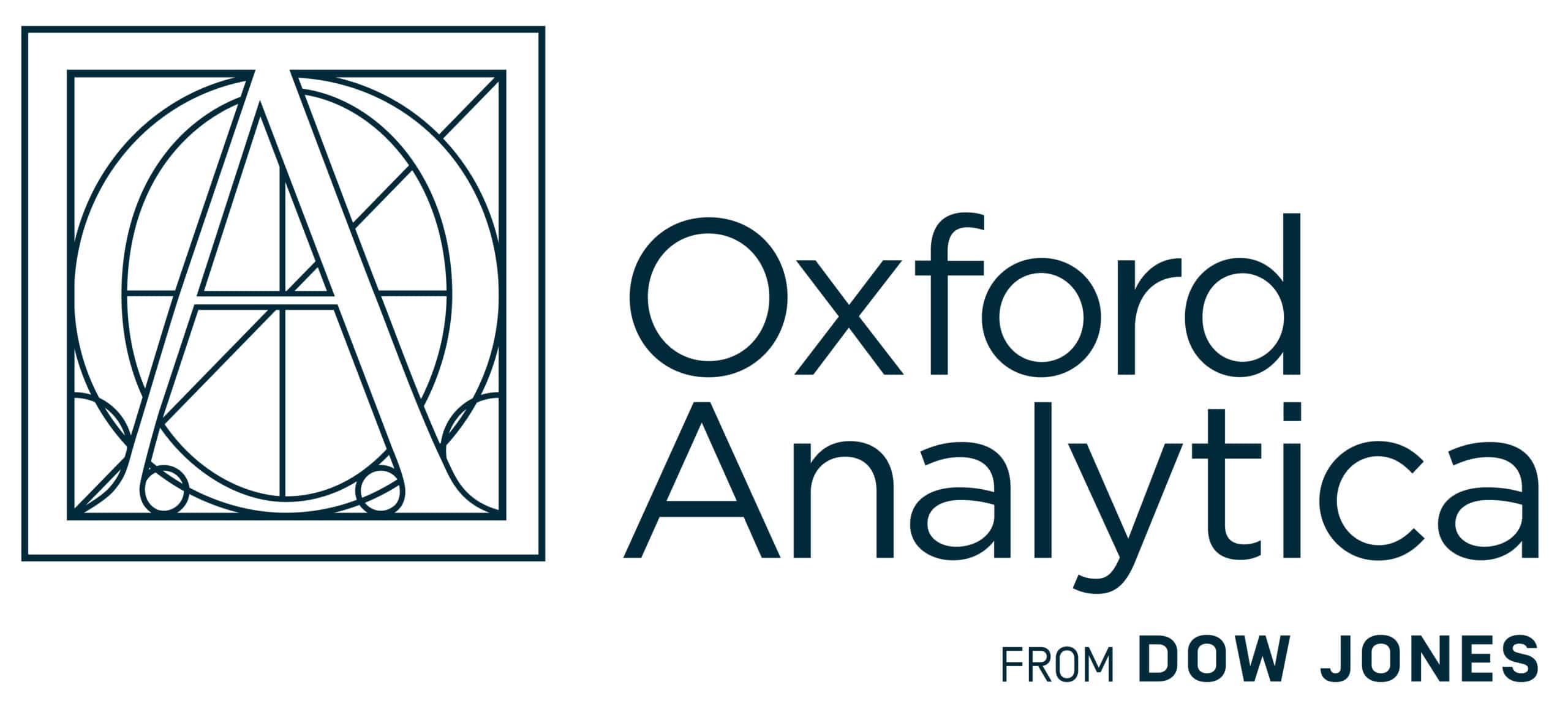Building a digital platform is only the first step to its effective use across an organisation. Platforms incorporating AI can even face internal resistance for fear they will endanger jobs. Success depends upon different skills and perspectives to embed and sustain the technology across behaviours and processes.
In this third piece highlighting discussions from our podcast series “Technology in an Uncertain World”, we explore the talent side of platforms. What wider capabilities are needed to achieve a platform’s full potential? And how can organisations ensure people and platforms come together to deliver better services or products than ever before?
Click here to listen to Technology in an Uncertain World now
Beyond tech
Damien Bunyan is Chief Information Officer (CIO) at energy company Uniper. Working in a non-software company, he knows how important it is to translate technology into practical tools everyone can understand and use.
“I think we can get lost in technology discussions, but as CIO, I see it as my job to make it as easy as possible for anybody in my organisation, and maybe even outside of it in an ecosphere, to get access to what they need when they need it,” says Bunyan.
Listen to Damien Bunyan
Uniper is shifting from a focus on managing the power station as an asset to providing energy as a service and branching out into other products, such as hydrogen. Building platform technology can help enable this transition but Bunyan faces the challenge that some people are more enthusiastic than others to embrace the opportunities. A vital part of his role, therefore, is educating people to ensure everyone has the best capability to start delivering results.
His people-oriented role takes platforms beyond technology. He is also just one example of a wide range of different skills and roles that organisations will need to ensure platform adoption and success.
The new skills-mix
“Different roles can develop when companies move into using these technologies – called explainer, trainer and sustainer roles,” says Sarah Bankins, Associate Professor, Ethical AI & Work, Macquarie University.
“Data scientists come in on the trainer roles where you’re building these models, identifying and curating data sets, training the AI and machine learning models, and correcting errors – basically building the technology you want for your organisation. But that’s only one part of it. Then there’s a lot of other work that needs to happen to get people to use these technologies well and sustain them over time. Critical among these is this explainer role, which is the interface between maybe the data scientists, or what you might call the techies, and the individuals or the workers who actually have to use these technologies and make sense of them and integrate them into their decision making and problem solving.”
Listen to Sarah Bankins
For those operating in high-risk areas like medicine or even human resource management, dealing with decisions around people, the explainer role is particularly important, enabling end users to critique technologies, so they are used effectively and ethically in the workplace. And they can help ensure technologies continue to be robust, fair and used appropriately alongside human judgement.
Taking that wider approach can also help organisations overcome fear or resistance to using such tech.
“Workers can have a real fear around these technologies, particularly around AI,” says Bankins. “That fear often manifests itself as ‘these technologies are coming for my job’. So it is critical for organisations to help workers overcome that fear by helping people understand the nature of AI technologies – what they are and what they can do… from natural language processing, but often in organisations, pattern recognition and predictive analytics.”
Proactive talent management
Unlocking a platform’s potential requires a shift in thinking around talent management – even putting it before technology requirements.
“It is only with a proper view of an organisation’s talent flow over time that technology can be built to support it,” argues Dr. Alex Kokkonen, Senior Researcher & Advisor, DXC Leading Edge. “The technology is only one part. It’s obviously an important part and it’s an enabler, but there are many other aspects that need to be considered… It’s an ecosystem of technology, working with the whole organisation over a long period of time.”
Team diversity is key to this landscape – multidisciplinary skill sets that bring together technical skills like computing, mathematics, statistics and machine learning with people that have business acumen, including those from humanities and social sciences, who are versed in people management and organisational psychology.
Diverse teams
“I think organisations often have diverse skill sets within them, but they don’t necessarily go with technology,” says Bankins. “It’s when you get the most diverse sets of voices around the table that you start to have some of that tension developing in which interesting ideas are thrown around. And you get different perspectives that tell you about the different limitations and challenges that might come up.”
Organisations need to build diverse teams who can collaborate on new platforms in ways that a top-down organisational approach won’t be able to match. Finding new talent, however, is not easy in an ageing and fast-retiring population in which the demand for the right skills surpasses the supply of available talent. This makes upskilling existing employees vital.
“I think existing employees will become more important because in a world of tight labour markets, the employees you’ve got, who already have a lot of the skills that you benefit from, will become more important. And the incremental change of investing in those employee skill sets will be more important than employing completely new workers,” says Sarah Fowler, Analyst, International Economy, at Oxford Analytica.
Listen to Sarah Fowler
Remember, however, that upskilling is not just for the people writing the code on these platforms. It is vital for end users too. Only by thinking of the skills needed more broadly can organisations hope to get the most out of these platforms, enabling the iterative improvements that are core to improving platforms and delivering more for customers.
Future business
Taking a holistic view is key. What different teams will use this technology? How are they going to interact with it? How will the wealth of insights a platform provides shape decision-making and strategy? Organisations will need to map out a platform’s many touchpoints across the business.
Successful platform development means embracing a new way of working and thinking, skilling up people in areas they may never have encountered and breaking down organisational silos to unlock different perspectives. It goes beyond technology. It’s about the future of organisational design.
Click here to listen to the Technology in an Uncertain World podcast series


